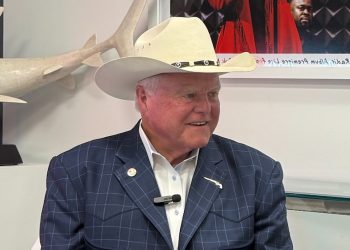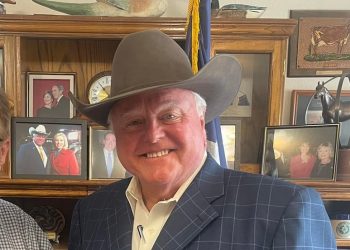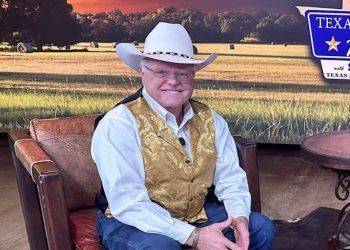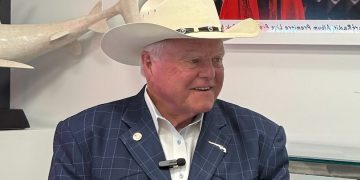Waco, TX – In the wake of Governor Greg Abbott’s State of the State address, the leaders of Central Texas’ Democratic and Republican parties offered differing views on the future of Texas, focusing on key proposals related to taxes, education reform, and public school funding.
Abbott’s address included a call to cut property taxes by $10 billion, citing local governments’ recent tax hikes as undermining the impact of previous property tax reductions. Bell County Republican Party Chair Addie Baird expressed her support for the governor’s stance, agreeing that any level of property tax is excessive.
“Many of our local leaders already work very hard to keep or reduce our tax rate,” Baird said. “Ultimately, any property tax is too much property tax.”
In contrast, McLennan County Democratic Party Chair Hayes emphasized the need for a more thorough examination of the issue. He argued that the state should carefully consider whether tax cuts would be more beneficial than focusing on more efficient spending of existing funds.
“It requires a lot of study whether we should cut tax rates or whether we should just spend our money more effectively,” Hayes stated.
Another significant topic in Abbott’s address was education reform. He called for the elimination of Diversity, Equity, and Inclusion (DEI) programs in public schools, framing the move as a way to end what he described as “indoctrination.” Baird, supporting the governor’s position, argued that issues such as sexuality should be addressed by parents, not schoolteachers.
“Training up children and minors in what their sexuality is is a topic for the parents in the home,” Baird said. “Not for the teachers in the classroom.”
Hayes, however, strongly disagreed with Abbott’s proposal. He emphasized that DEI programs remain crucial in addressing the long-standing exclusion of various groups in society.
“We have a long history of various groups in society being excluded for one reason or another,” Hayes said. “And that problem has not gone away, so we need these kinds of programs.”
Abbott also proposed raising teacher pay and implementing school choice policies, with assurances that public school funding would remain unaffected. Baird expressed confidence that these reforms could be successfully funded, pointing to other states that have already implemented similar programs.
“ESA’s and school choice can be very well funded,” Baird said. “There’s a number of states, like Governor Abbott mentioned, who are already doing it very well, so we are fortunate to already have those examples of leaders ahead of us to help be points of reference in the legislation we create.”
Hayes, however, took issue with Abbott’s focus on school choice. He argued that the state’s efforts would be better directed toward improving the quality of public education in Texas, which ranks 42nd in the nation.
“I think he’s deceiving us a bit,” Hayes said. “It seems like we should try to bring our schools up to the standard of the rest of the nation and actually above the average instead of 42nd in the nation.”
Governor Abbott’s address outlined seven emergency items for the 89th legislative session, signaling a busy and contentious session ahead as lawmakers work to address the state’s most pressing issues. The differing perspectives from Baird and Hayes illustrate the sharp ideological divide in Texas politics as the state grapples with these critical policy debates.











